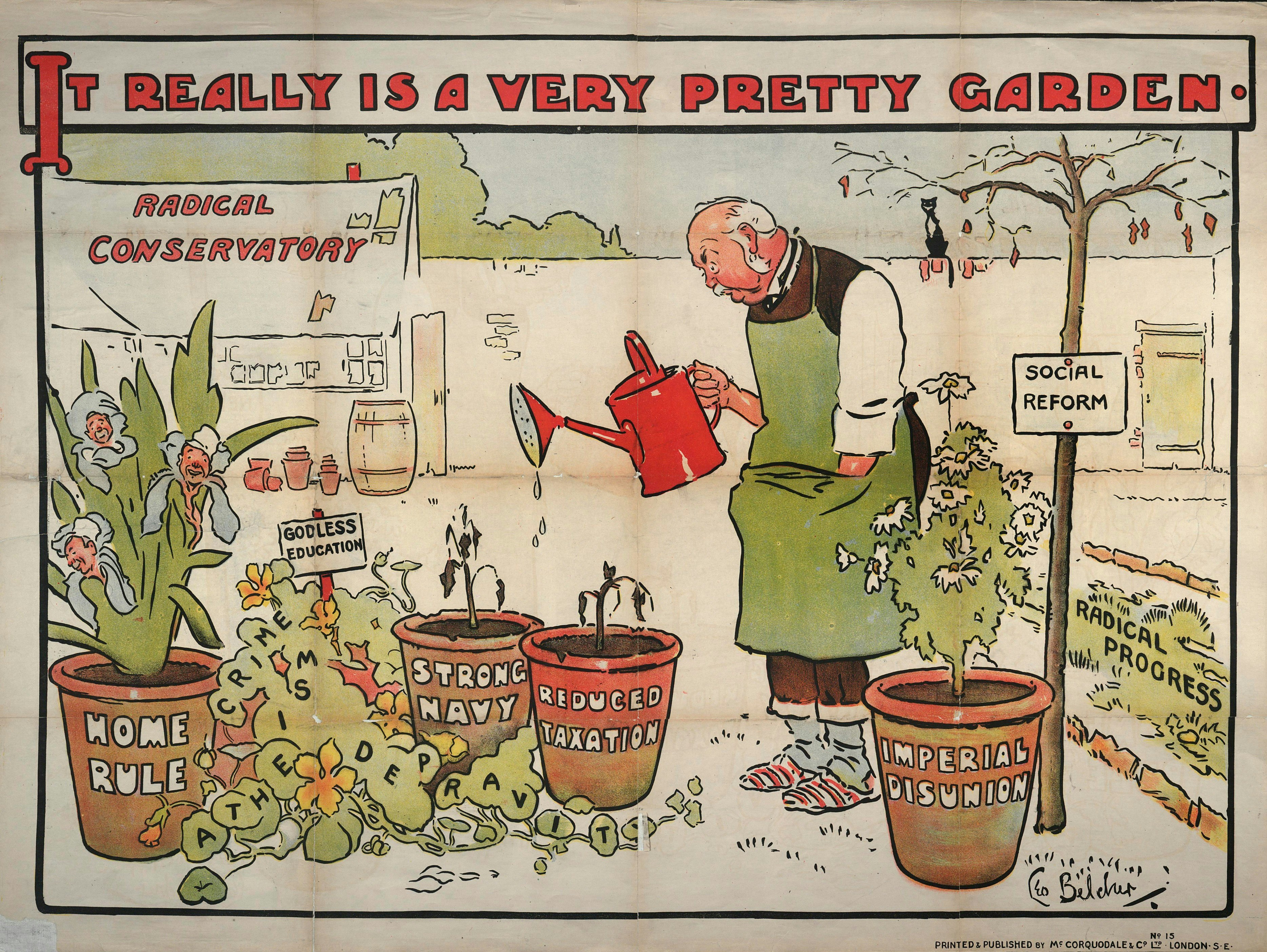
Introduction: The Growing Concern
The past two presidential elections have sparked significant debate around the aging political leaders in America. Many citizens are expressing their concerns about the capacity of older candidates to connect with the evolving needs of the nation. As a result, a growing call for age limits in the American government system has emerged, highlighting the urgent need for reform.
The Case for Age Limits
There is a sentiment among many Americans that the current political landscape resembles a nursing home rather than a well-oiled government machine. With political leaders often exceeding their golden years, it prompts the question: should there be a cut-off age for candidates seeking office? Advocates for this reform argue that age limits, specifically setting eligibility at 55 years, would invigorate the government with fresh perspectives and modern ideas.
Implementing Changes for a Stronger Democracy
Proposed changes include instituting term limits alongside age restrictions. By allowing only individuals younger than 55 to run for office, we can ensure that energetic and innovative leaders take charge, fostering a dynamic political environment. Those over this age could still contribute by providing support or serving in advisory roles, but they would no longer be eligible for elected positions. This approach could significantly impact the way America is governed, moving towards a more progressive and responsive political system.
In conclusion, implementing age limits in American politics is not just a matter of preference; it’s a necessary step that could help shape the future of the nation, addressing concerns and revitalizing a political system that needs to stay relevant to all generations.


Leave a Reply